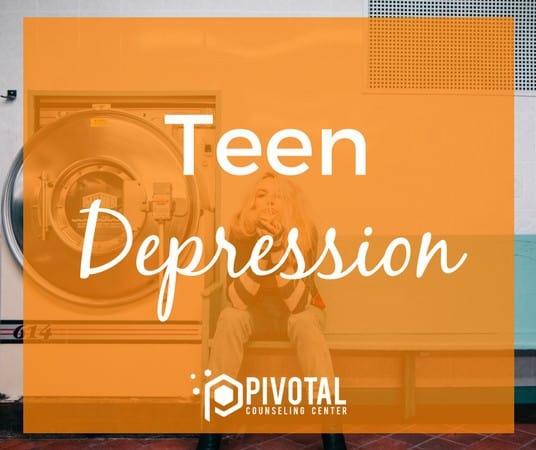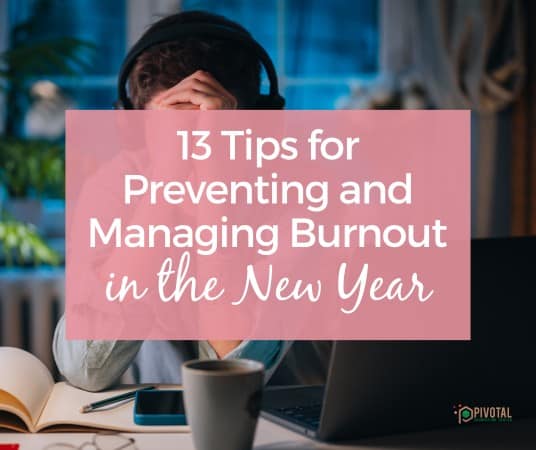
Depression is a word that most of us are familiar with today, whether it’s because we’ve gone
through it, or someone we love has gone through it. In both teens and adults, depression can be
crippling and isolating, but with education, comes power. So, take this time to educate yourself
properly on teen depression and that will get everyone on the right track to finding the help they need.
What is teen depression?
Teen depression is exactly like traditional depression, but it is found in teenagers rather than
adults. Though it is found in teens, it doesn’t make it any less severe than what adults suffer, in fact it
can often be more serious. This is because teens are dealing with more hormonal and emotional
changes than adults, so the depression can sink deeper and it can cause bigger dips in moods as well as
personality changes.
What causes teen depression?
There are a lot of things that are thought to cause teen depression. The biggest cause is the idea
that teens go through big emotional and hormonal changes while in this stage of their lives, so often
teen depression can be a result of all of those shifts. The uncertainty and “all over the place” feeling
can lead to depression, which – while serious – is sort of a normal “teen” thing. One where some of their friends may be going through the same things. This can be a good thing because it normalizes the experience, but not so great when moodiness actually turns into depression and goes unrecognized.
Teens are very seriously affected by things going on around them such as social
situations and family ones. So, if a teen suffers a break up, a fight with a friend, is a victim of bullying,
or learns that their parents are getting divorced (all common examples), it can lead to depression
setting in, which can stay go on for months before a teen might reach out for help.
What are common signs of teen depression?
There are a lot of signs to watch for with depression in teens, which is important for parents
who are looking to help their teens, as well as for teens to recognize it in themselves and their friends.
The biggest sign to watch for is for a teen to be suffering from a long period of sadness and “feeling
down”. It’s normal to feel down, especially as a teen, but if there are long periods of time where that
sadness can’t be kicked, then it could be a sign of teen depression.
Another common sign of depression is pulling away from activities that commonly brought
pleasure to someone. They might stop communicating with friends, drop out of sports teams or extra-
curricular activities, they will stop talking about things that excite them. Since music is a big indicator
of mood and interests, you might find that their taste in music is changing.
Teens might often pick fights with loved ones when dealing with depression, too. This is can be
because they’re angry and upset, but also because they are scared and want someone to help them. If a
teen is getting argumentative with no reason that you can see, this could be a sign to watch out for.
It can be pretty typical to see changes in sleep. Perhaps they are sleeping a lot more, or having trouble sleeping. Also, changes in weight or eating habits. Some people become uninterested in food, while others start to “eat their feelings.”
Additionally, there can be a real change in grades. They might not care anymore about reaching that level of achievement they once strived for. Also, this can be a time where teens start experimenting with drugs or alcohol to help make themselves feel better.
How to treat teen depression?
When it comes to teen depression, there is a great amount of research and resources available to
both teens and parents. You can find reading materials online to understand what exactly teen depression is, and even some tips and tricks in trying to deal with it on your own. However, since teen depression is as serious
as traditional depression, it’s important that a professional is consulted as soon as possible. This will help the teen get the support that they need from someone who has seen it before and can know how to
offer personalized help and support to both teen and parent.
Despite what some may tell you, a teen dealing with depression is just as serious – if not more
so – than an adult dealing with depression. Teens are going through hard times emotionally and need
the professional guidance to help fight through the depression and get back to life as normal.
Whether you’re here for yourself, a loved one, or a friend, you’re in the right spot. Talking with you a therapist, speaking with the doctor, or even reaching out to the school counseling department are all great ways to start the process.
Pivotal Counseling Center has therapists who work with teens and specialize in depression, anxiety, and how to manage issues at home and school. We have locations in Woodstock, Illinois, and Lake in the Hills, Illinois. If you are in need of someone to help, please consider giving us a call at (815) 345-3400.
Pivotal Counseling Center is now accepting Medicaid including Blue Cross Community Medicaid, Meridian Medicaid, and Molina Medicaid for outpatient counseling.









